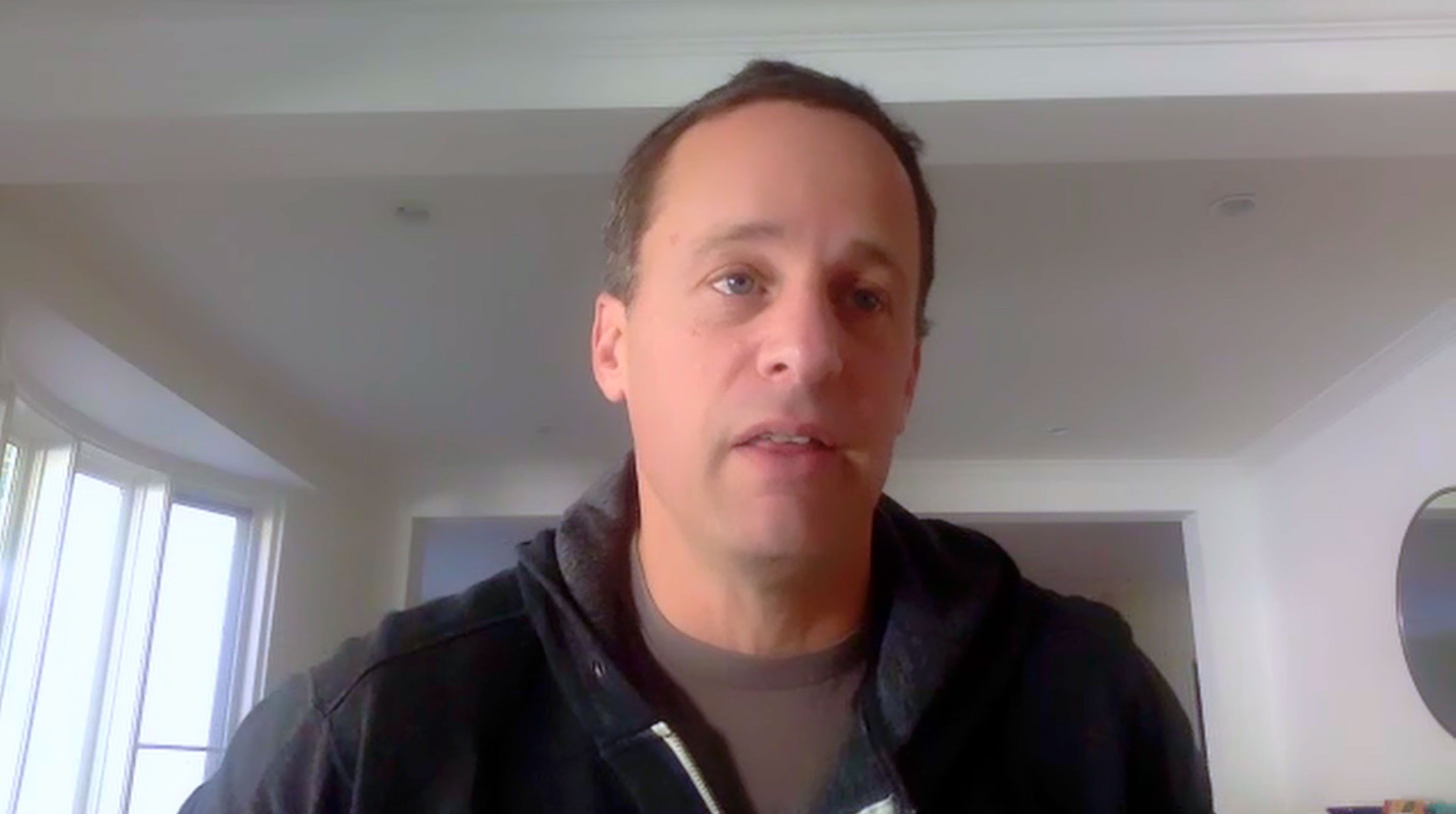
Distributed Decision Making
Former Vice President, Head of International Originals, at Netflix
inpractise.com/articles/netflix-dist-decision-making
Why is this interview interesting?
- The essence of distributed decision making and how it drives creativity at Netflix
Erik Barmack
Former Vice President, Head of International Originals, at Netflix
Interview Transcript
Erik, maybe a good place to start is to take it back to when you joined Netflix, in 2011. Did anything immediately shock you about the company’s culture?
In 2011, I was coming from Disney and ESPN and I very much liked those roles, but working for ESPN in sports, it was, literally, the biggest of the biggest. If you were working in digital media and doing disruptive things, I think it was interesting to the company at the time, for sure. But it wasn’t really going to move the needle, compared to big carriage deals and huge sports’ rights packages and all of that. When I interviewed at Netflix, what struck me is that everything that was part of the value proposition that they were developing, had to be disruptive.
How do you change the rules of distribution for Hollywood films and movies? At that time, there were just the inklings of whether you could build to doing original content. All of those things, from as simple as digital distribution to whether consumers were going to be interested in on-demand platforms, were largely unproven.
I met a bunch of smart people who were all trying to answer questions that were largely unknown. I think it was super interesting, compared to other media companies, at the time.
So it was more on the culture of asking those questions and being disruptive?
In the culture deck, all of those things were designed, from Reed’s perspective, as more of a Silicon Valley start up than anything else. There was a lot of tech culture bigged into the DNA of the company, of trial and error, of being data heavy, of doing things and asking for forgiveness, all that sort of stuff.
Does the company really live by those principles?
For the most part, yes. I think it’s an incredibly bold company, where one way of looking at it is, the biggest line item is content. For the most part, relative to most other companies in Hollywood, decisions are very distributed. When I was there, I could make decisions on hundreds of shows being commissioned, without really needing a committee to sign off on things. The same thing was true for people who were building platforms or people who were starting relationships with carriers and VNOS and all that.
Copyright Notice
This document may not be reproduced, distributed, or transmitted in any form or by any means including resale of any part, unauthorised distribution to a third party or other electronic methods, without the prior written permission of IP 1 Ltd.
IP 1 Ltd, trading as In Practise (herein referred to as "IP") is a company registered in England and Wales and is not a registered investment advisor or broker-dealer, and is not licensed nor qualified to provide investment advice.
In Practise reserves all copyright, intellectual and other property rights in the Content. The information published in this transcript (“Content”) is for information purposes only and should not be used as the sole basis for making any investment decision. Information provided by IP is to be used as an educational tool and nothing in this Content shall be construed as an offer, recommendation or solicitation regarding any financial product, service or management of investments or securities.
© 2026 IP 1 Ltd. All rights reserved.


